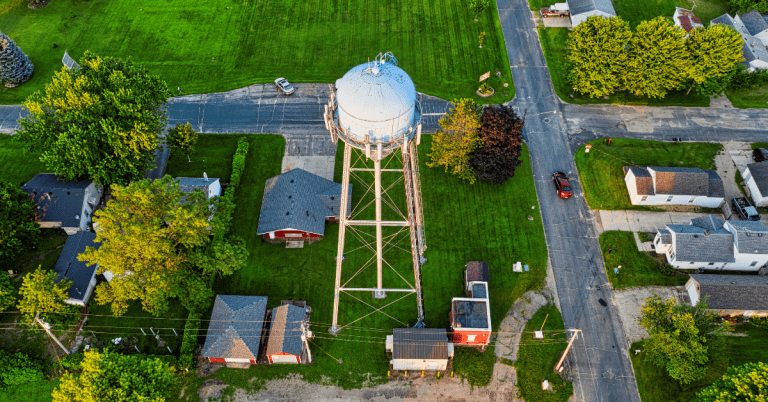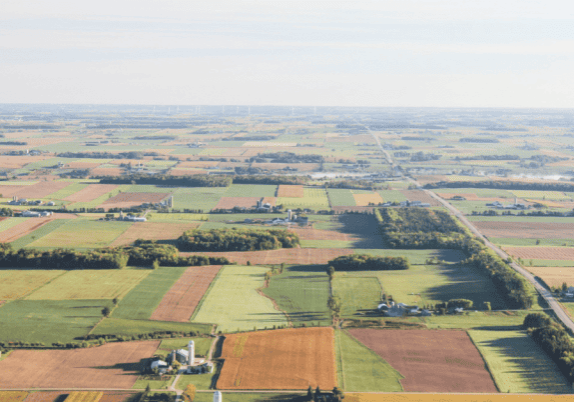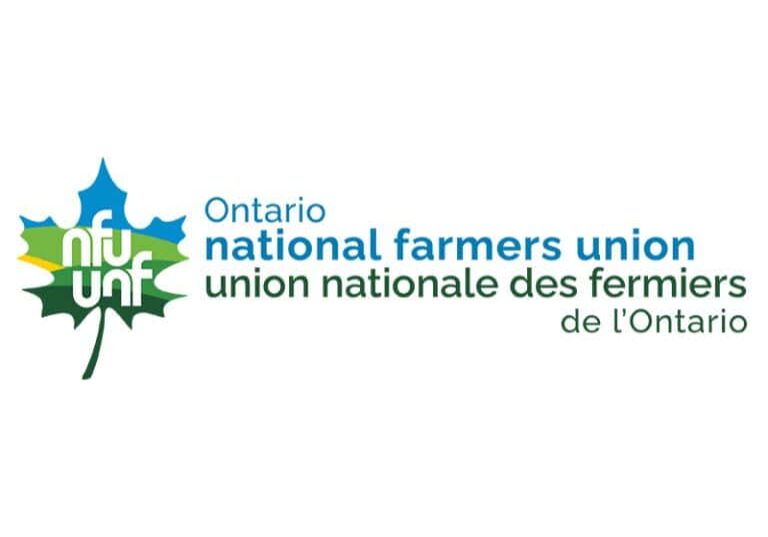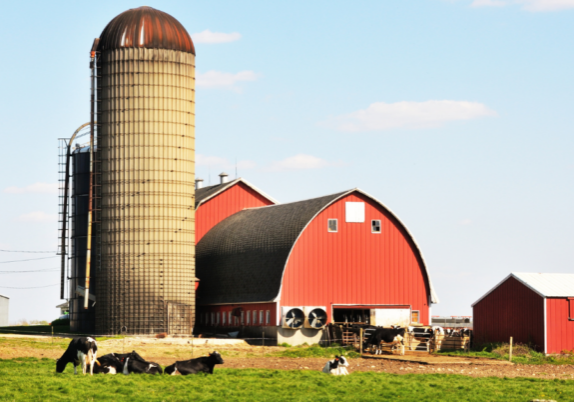Response to Proposed Guidelines for Community Infrastructure and Housing Accelerator

Re: ERO # 019-5285 Community Infrastructure and Housing Accelerator – Proposed Guidelines
Dear Ministry,
The National Farmers Union – Ontario (NFU-O) is an accredited farm organization representing thousands of sustainable family farms and local food advocates. The NFU-O believes that the family farm should be the primary unit of food production in Ontario. Members work together to achieve agricultural policies that ensure dignity and income security for farm families, while protecting and enhancing rural environments for current and future generations. The NFU-O collaborates locally, nationally and internationally to research, educate, and share effective solutions that lead to a better world for farm families and their communities.
The National Farmers Union – Ontario (NFU-O) is disappointed that the government passed Bill 109, More Homes For Everyone Act, 2022, before the public comment period for proposed changes through ERO #019-5285 had ended. The inclusion of the “Accelerator tool” in Bill 109 unnecessarily circumvents the democratic processes outlined in the Provincial Policy Statement and the Environmental Bill of Rights, 1993, and increases the potential for development on agricultural and environmentally-sensitive, undeveloped rural land. The “Community Infrastructure and Housing Accelerator” neither specifies affordable housing as its aim, nor does it adequately protect agricultural land outside of the Greenbelt.
The “Housing Accelerator” tool appears to the NFU-O as the much-criticized Minister’s Zoning Orders (MZOs) rebranded. As an organization of farmers committed to the preservation of all farmland, the NFU-O—along with numerous farm organizations, nature conservancies, and concerned citizens—has already spoken out against the increasing use of MZOs to expedite zoning decisions that contradict already established municipal land use plans. As of the end of 2021, an estimated 2,000 acres of farm land was taken out of circulation via as many as 18 MZOs, including for commercial distribution facilities, long-term care homes, and mixed-use developments. This loss of farmland is unacceptable.
While we appreciate that under Bill 109 the Accelerator tool cannot be used in the Greenbelt Area, the Bill does not protect prime farmland, specialty crop areas, or rural-zoned lands currently in agricultural use outside of the Greenbelt. Nor does it protect ecologically sensitive areas and watersheds outside of the Greenbelt. Ontario’s agri-food sector, according to OMAFRA, employed more than 720,000 people and contributed over $46.3 billion to the province’s economy in 2020. Only 5% of Ontario land is viable for agricultural production. The Accelerator tool, as it is currently conceived, threatens Ontario’s food production by making it easier to pave over our finite agricultural land.
The problems associated with MZOs are replicated with the Accelerator tool, including: the overriding of provincial and municipal plans based on years of technical studies and public consultations; the failure to prevent urban sprawl while safeguarding agricultural lands, wetlands, forests, and distinctive natural heritage systems and features; and, a lack of transparency that will open the process to criticisms of conflict of interest and unfairness. Cutting “red tape” for the benefit of developers should not mean failing to take into account the needs of the environment or the importance of local input from the community.
Calling Bill 109 a measure to produce “long-term housing” is also disingenuous. The Bill allows for the Accelerator’s use for a nebulous variety of “community infrastructure” developments. The Accelerator tool could be used for industrial, commercial, and/or “economic development” projects that have nothing to do with alleviating housing needs.
Increasing minimum municipal density targets in rural areas where hamlets, villages, and towns already exist is a more viable way of improving the housing supply while protecting farmland and ecologically-sensitive areas. There are plenty of brownfield sites, abandoned properties, and/or undeveloped land in rural municipalities that could be incentivized for the development of appropriate housing projects. The Accelerator tool as it is currently conceived does not encourage the “smart growth” of compact, walkable municipal centres that avoid sprawl.
Since the government has already approved Bill 109, the NFU-O calls for the following guidelines to direct (and limit) the use of the Accelerator tool:
Permissible Use: That the Accelerator tool guidelines only allow its use on land where urban infrastructure already exists (sewers, gas, electricity, etc.) and where the land slated for development sits within pre-existing municipal settlement area boundaries. Minimum density targets should be required for developments issued through the use of the Accelerator tool. If the government decides to implement the Accelerator tool, it should be used only for housing projects that include a percentage of units dedicated to community and/or affordable housing.
Impermissible Use: That the Accelerator tool guidelines specify that it cannot be used on any prime agricultural lands and specialty crop areas, lands zoned rural or agricultural that are currently in agricultural use of any kind, and/or any provincially significant wetlands, sensitive headwater areas, provincially significant woodlands, endangered species habitat or other defined sensitive natural areas. That the Accelerator tool be ineligible for any mixed-use and/or commercial/industrial-only developments.
Affordable housing is an issue NFU-O members care about. But solutions to the housing crisis must not threaten the province’s long-term agricultural land and its natural resources.
Thank you for your consideration of our comments.
Sincerely,
Max Hansgen
President, National Farmers Union – Ontario








